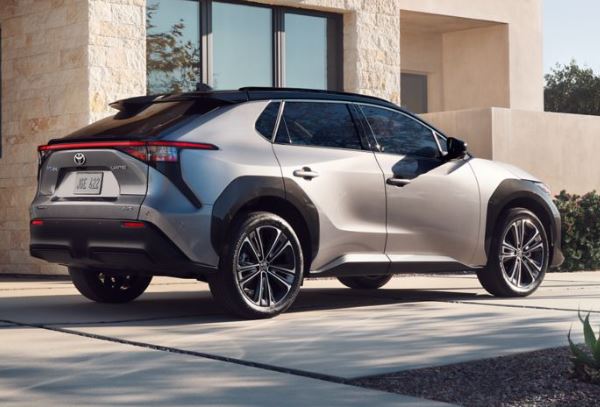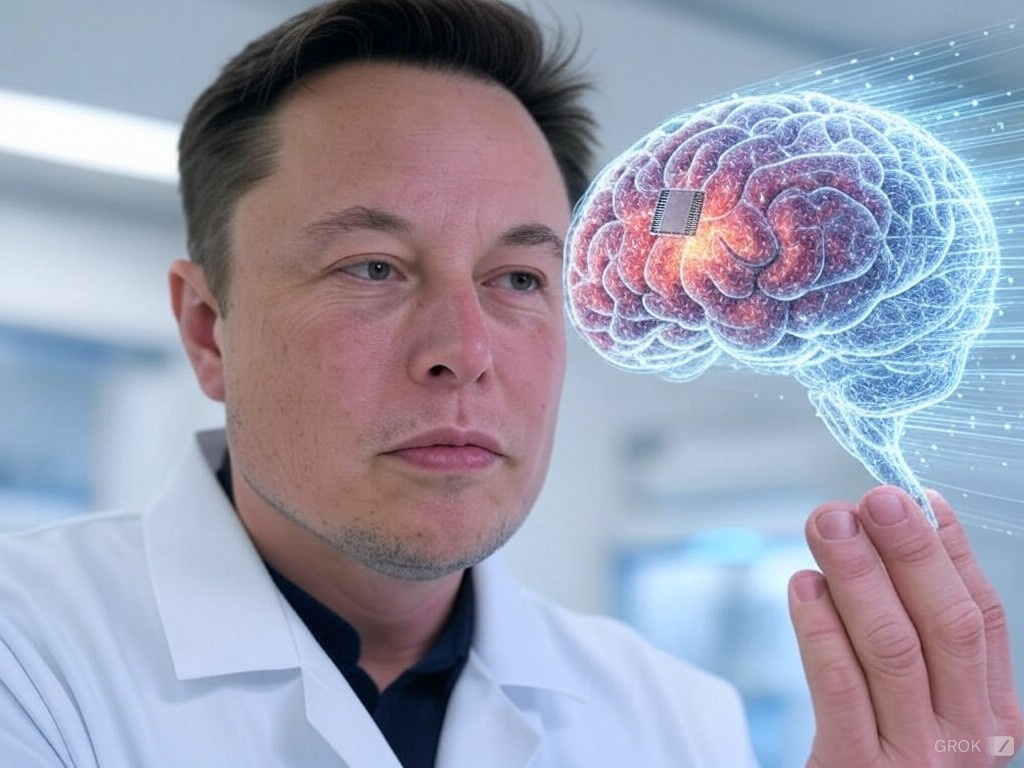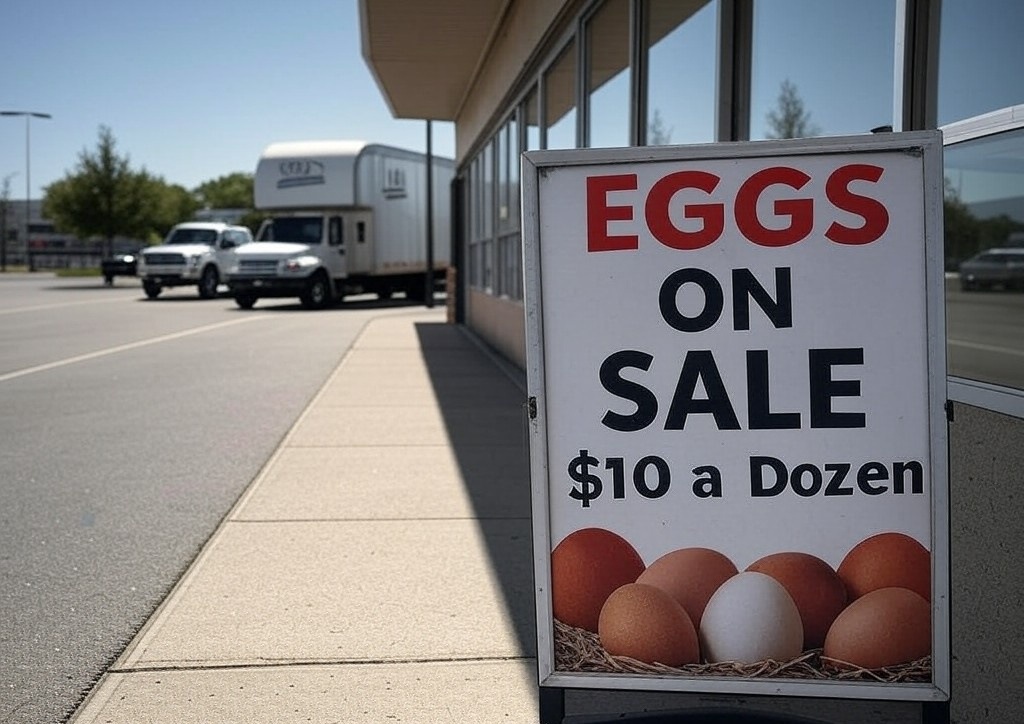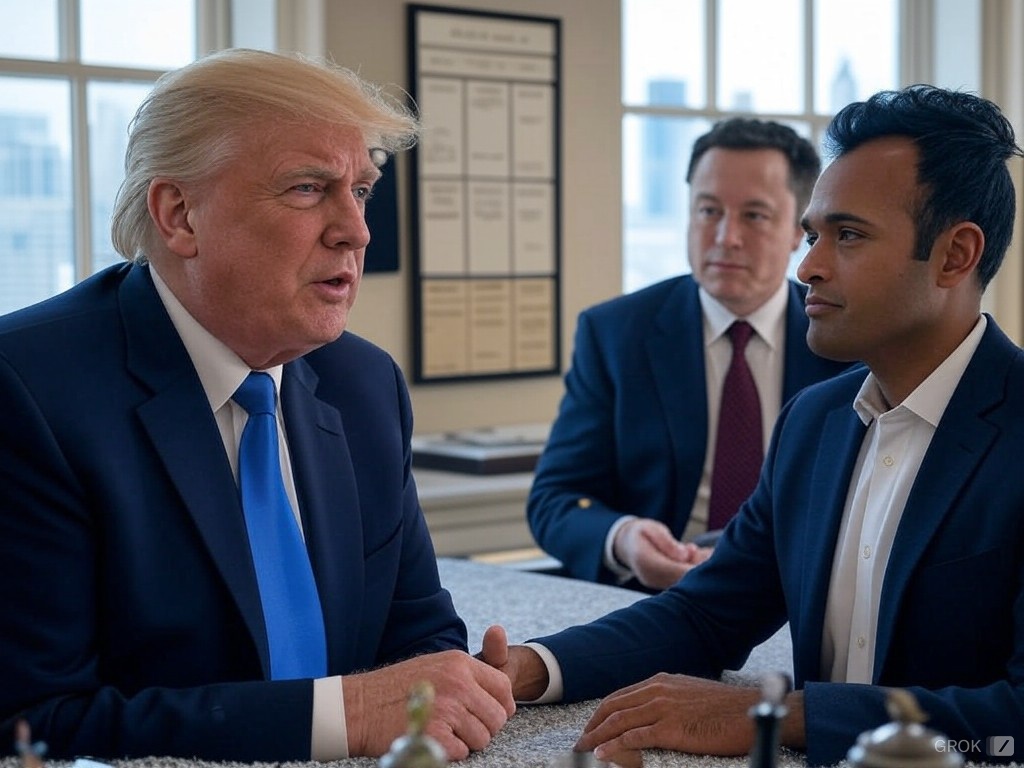Akio Toyoda continues to reiterate his skepticism towards EV adoption and the expected market share that EV’s will capture. While other company’s like Tesla have gone all in on EV’s producing nothing else, Toyota has only one fully Electric vehicle in their current line up, the bZ4X pictured above. Being one of the only leading auto manufactures to offer such a limited all electric option, it begs the question does Akio Toyoda know something everyone else doesn’t’?
While he has cited a lot of different reasons for his belief that the all EV market share will likely be under 30%, the one reason that stands out above the others is electrical production and capacity. Even if Joe Biden follows through on his pledge of 500,000 new charging stations to accommodate the ever increasing number of EV’s on the road, it does not address the real underlying problem. Electrical production in the US would need to double if everyone transitioned to all electric vehicles.
Let’s consider a simplified scenario:
- Assume all 332 million Americans switch to EVs with an average daily consumption of 35 kWh (based on average miles driven and EV efficiency).
- With an 85% charging efficiency, daily electricity demand for EVs would be:
- 332 million * 35 kWh/day * (1/0.85) = 14.2 billion kWh/day
- This translates to roughly 5.2 trillion kWh per year.
In 2022, the U.S. power grid produced only 4.243 trillion kilowatt-hours (kWh) of electricity from utility-scale generators from the following sources:
Fossil fuels: 60% (coal, natural gas, petroleum)
Nuclear energy: 18%
Renewable energy: 22% (including wind, solar, hydro)
Small-scale solar: an additional estimated 58.51 billion kWh from rooftop solar panels
If the goal is to reduce emissions then we can’t simply double the number of fossil fuel generation plants. So the odds of actually being able to double electrical production nationwide without some revolutionary breakthrough in power generation is not currently feasible. It will take decades to increase the US electrical grid to accommodate even a 30% market share. So maybe Akido Toyoda does know something that a lot of people are overlooking.
Could the EV market adoption rate decline in recent months be more of a long term trend? There is a point in every new innovative product rollout where saturation begins to set in and it shows up first in the used market. We have already seen a rather steep decline in used EV pricing that has been attributed to a lot of different factors. Could one of those actually be that the majority of households that wanted and could afford a new electric car already made the switch?
If 30% of people did transition to all electric vehicles what would happen to the price of electricity if production didn’t keep pace? It goes up, way up. And fossil fuel prices would start dropping, making one of the main market drivers for switching to an EV disappear. Putting further pressure on increased market share adoption rates. It seems that a hybrid option that would give the consumer the ability to choose the most economical energy source at the time might have a bright future. Toyota does offer a wide variety of hybrid options.

Akido has Toyota focused on a more balanced approach and if Car and Drivers car of the year the Toyota Prius is any indication, he may be steering Toyota in the right direction.





